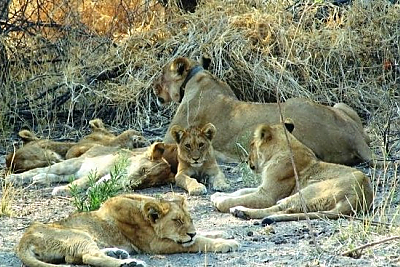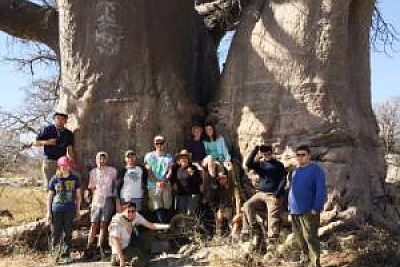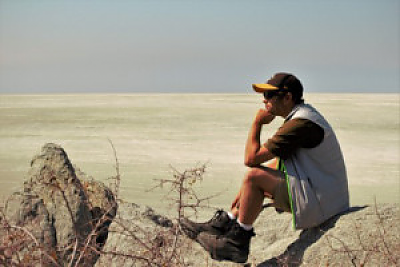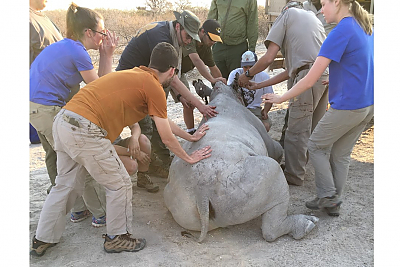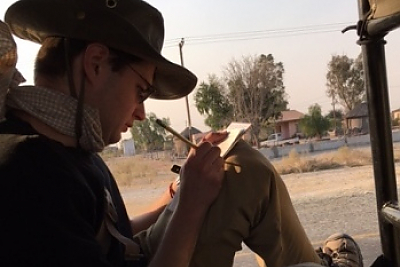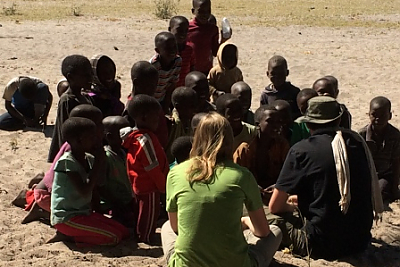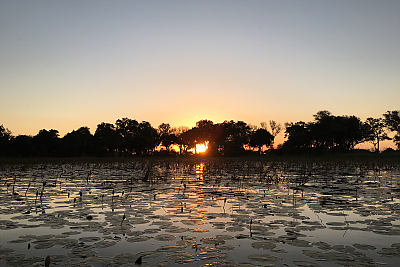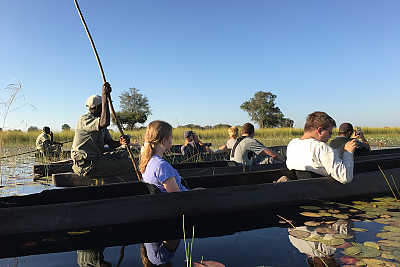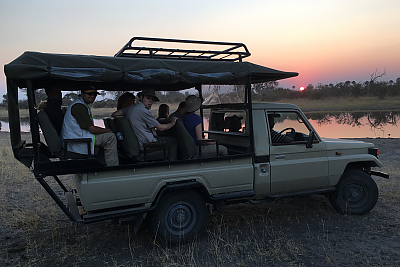BIO2711: Field Studies in Wildlife Conservation
Program Map
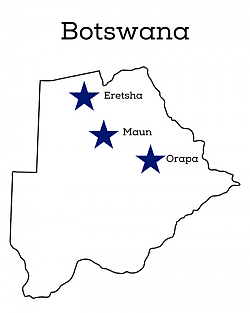
2019 Program Leader

Academic Director:
Andrew Stein
Considerations
Consider the following to determine if this course is right for your learning style.
Free time/Independence: LOW
This program requires that students be adaptable and comfortable living for 3 weeks with limited solitude.
Physical Demands and Accessibility: TBD
Flights to and from Botswana are l-o-n-g (sometimes over 20 hours from New York). Your program will start while you are still experiencing jet lag.
Conditions in Botswana in July/August are dry and dusty.
Prerequisites: EDU1001/1011, WRT1011, 3-credit 1000-level Natural Science (BIO, CHE, GEO, or NSC) course (or permission of instructor)
Check out the Botswana 2019 blog.
Program Overview
Primary goal: to introduce multidisciplinary approaches in addressing challenges to species conservation and community-based natural resource management
- Study in two iconic African ecosystems: the Okavango Delta and Kalahari Desert
- Learn techniques for studying wildlife communities and tracking African predators
- Explore African culture by visiting local villages and ancient rock paintings
- Develop an understanding of the complexities of wildlife conservation issues, including lions, elephants, and rhinos
- Adapt to rustic living situations, changing schedules, and challenging environments
Special Considerations
- Flights to and from Botswana are l-o-n-g (sometimes over 20 hours from New York). Your program will start while you are still experiencing jet lag.
- No visa is required, but immunizations are highly recommended (see U.S. Center for Disease Control guidelines).
- Conditions in Botswana in July/August will be dry and dusty.
- This program requires that students be adaptable and comfortable living for 3 weeks with limited solitude.
Program Cost
The Botswana program fee includes:
- 4-credit course
- Group flights
- In-country transportation
- Field trips and housing
- Most meals
Estimated additional costs:
Student spending can vary depending on the individual. Additional costs include:
- Some meals: students will be responsible for paying for approximately one breakfast, one lunch, and nine dinners.
- Free-time activities
- Cell phone costs, if students plan to activate a roaming plan or purchase a local SIM card
- Souvenirs, gifts, etc.
- Additional luggage fees beyond the first checked bag
Limited financial aid is available; contact Michael Mertes, Director of Financial Aid.
2019 Program documents:
